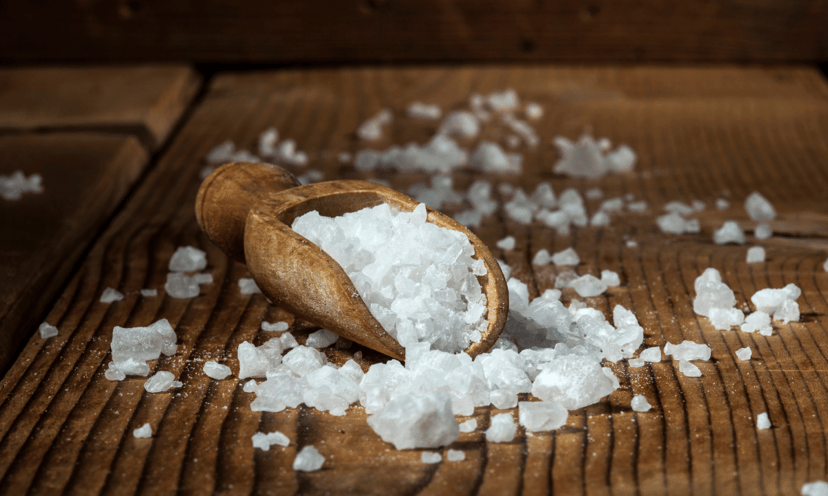
A traditional Southern embellishment to soups, stews, and entrées, collard greens provide an impressive array of key vitamins and minerals, including vitamins A, K, C,...

From the hair on your head to the bones that support you and the blood that runs through you, your body relies on minerals for optimal health.
Minerals are broken into two categories: macrominerals and trace minerals. Since the body cannot make minerals, we must get them from food or water.
Many foods and vitamin formulas contain the major macrominerals, such as calcium, potassium and magnesium. The challenge is trace minerals, such as selenium, copper, manganese and molybdenum. There are over seventy known trace minerals, many of which scientists continue to study to understand the critical role they play in human health. These are not commonly added to vitamin-mineral formulas.
There was a time when non-processed foods, like dark leafy greens (and others), provided all the minerals we need. But today, that's not the case. According to The US Department of Agriculture and other researchers our food remains relatively stable in terms of vitamins but deficient in minerals, particularly trace minerals, which we need for optimal health.
Symptoms of mineral deficiencies are varied and can surface at any time. They can include:
So, how do we address this dilemma? Eat healthy, non-processed foods, especially dark leafy greens, vegetables, fruit, nuts, legumes and lean proteins. Supplement with a good quality multiple vitamin and mineral formula (macrominerals) and use a separate trace mineral formula. Trace minerals are acquired from the mineral rich waters found in certain oceans and seas around the globe such as the Great Salt Lake and the Australian Ocean. They can also be plant-derived. These can be taken as a capsule, liquid, powder and even added to your water. Your holistic health practitioner can test your mineral levels should they suspect a deficiency or imbalance. They can also guide you regarding the best product and dose.
Sources

A traditional Southern embellishment to soups, stews, and entrées, collard greens provide an impressive array of key vitamins and minerals, including vitamins A, K, C,...

By Gene Bruno, MHS
One of the latest categories of dietary supplements for athletes is nitric oxide (NO) boosters. In short, the concept is that...